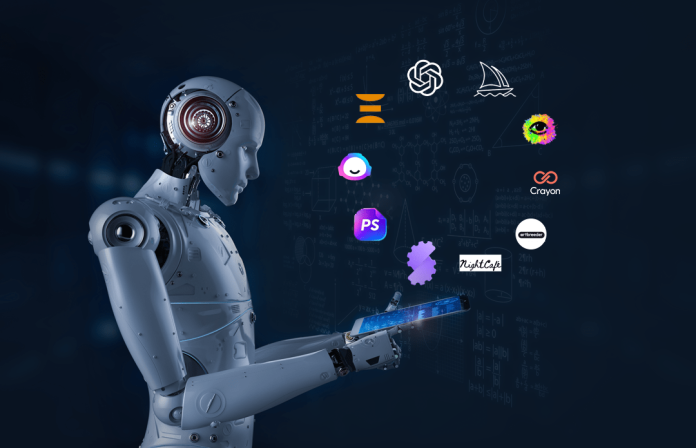Since ChatGPT and its successor GPT-4, in particular, came to prominence, there have been more and more discussions about the future of business, employment, and education. High risks are involved, particularly for people like you and me.
The resources are available, and they are currently in widespread usage. It’s time to learn how to use AI to our benefit to advance our own talents and prepare ourselves for a world of intelligent technology.
Don’t be predictable:
Reminding yourself that AI is more like a prediction machine that predicts the most likely next word can help you when you’re feeling daunted by the speed and productivity of the technology. Its recommendations are only as good as the sources it consults, which is frequently unreliable or ineffective crowd knowledge. Nevertheless, when used properly, AI can be a potent tool. For instance, GPT-4 has proven very good in coming up with concepts and rough draughts; however, only use it as a starting point and not for the entire production. When everyone else is using AI and producing scripts that are pre-written, embrace your own personality and unpredictable nature and take the opposite path your cover letters, papers, and presentations should reflect your humanity. You’ll stand out as a result.
Double down on “the real world.”:
Like all AI, GPT-4 is bound to the digital realm and exists in a cage of 0s and 1s. Today, there are sadly lots of human activities. Our analogue, one-on-one relationships with others, however, are the one thing AI cannot disrupt, thus it is crucial to take the time to safeguard them. In his summary of the study, Harvard professor Arthur C. Brooks stated that technology that prevents us from interacting with people in real life will have a negative impact on our wellbeing and, consequently, our meticulously planned lives. What needs to be done.
Since we’ve lived without pre-pandemic lifestyle habits like going out to eat with coworkers, attending conferences, and striking up a conversation with a stranger for so long, they might seem less stressful now. They do, however, offer a chance to create connections and obtain knowledge that AI cannot, and as such, they represent a particular competitive advantage that we still possess.
Similar to how AI can only connect the dots from the past and knowledge it has already been given, actual research—talking to people and discovering new insights—becomes essential. You can only truly contribute something new to the cultural debate when you use your lived experience, original interviews, and conversations to access knowledge that isn’t (yet) online. AI wouldn’t be able to do this.
Cultivate expertise:
GPT-4 and other AI technologies are great researchers with practically instantaneous access to a train of information. Some of these facts, sadly, are false; they are an example of the “hallucinations” that have previously troubled AI. (In fact, one of Dory’s Harvard Business Review pieces quoted by ChatGPT was the subject of a reader’s inquiry to Dory, inquiring where he could obtain it. Sadly, this specific item was not readily available.) Consequently, even though AI is a very useful tool, it can’t always be. be relied upon to produce reliable results—at least for the time being. This is why gaining a reputation for knowledge in your sector is so beneficial.
Even if an AI performs “first draught” tasks, it must still be verified by a trustworthy and reputable source. If so, your search will go on since you have the ability to verify the AI’s conclusions.


